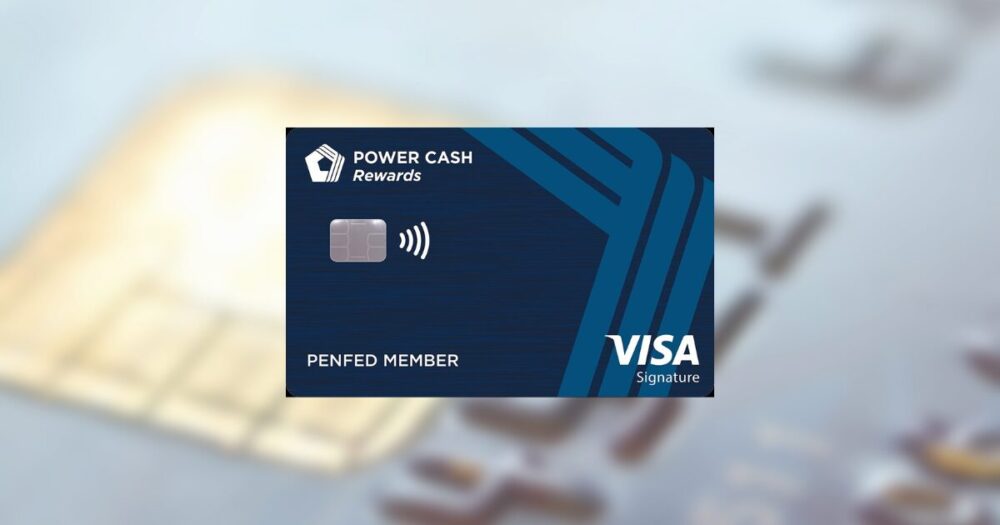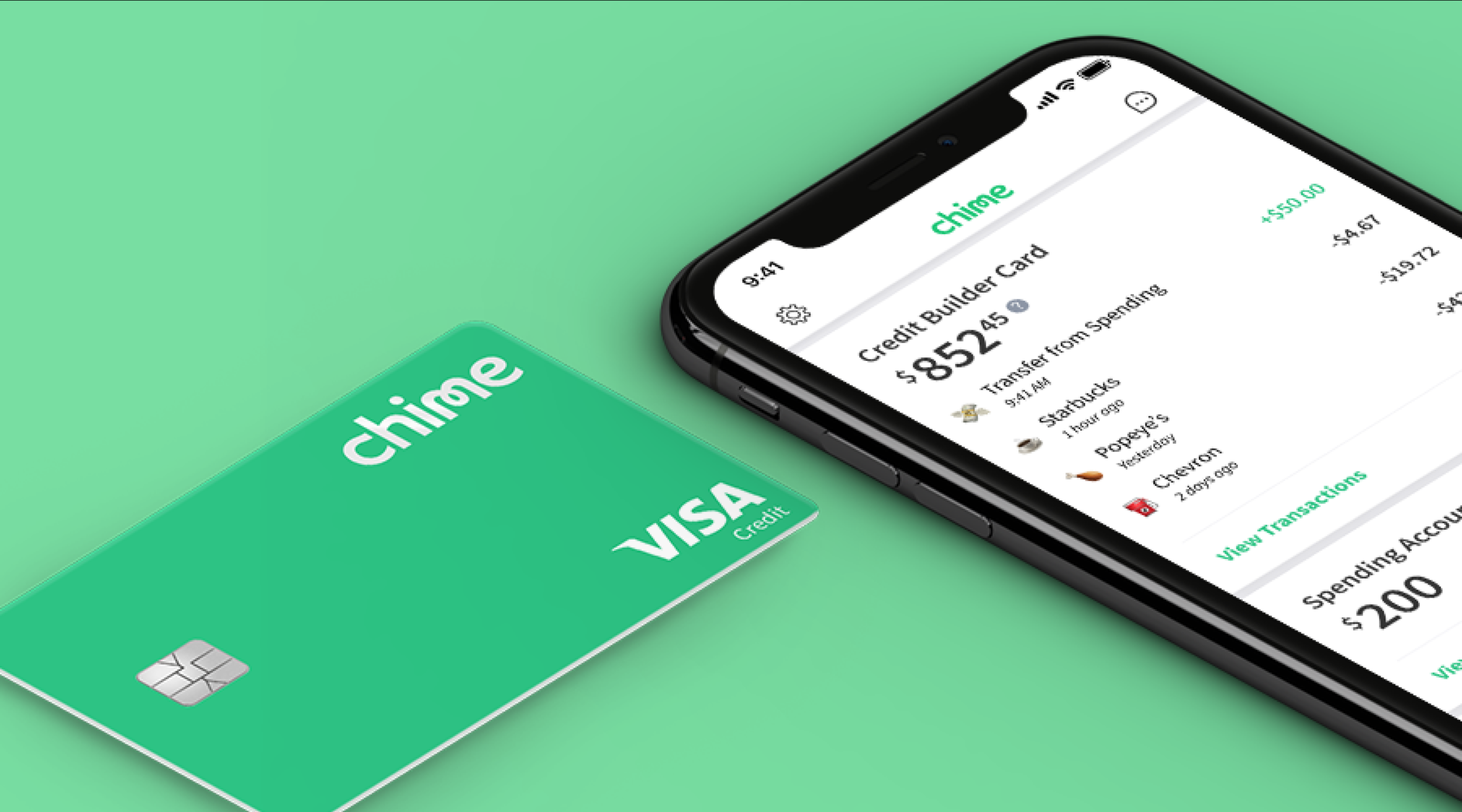How to Choose the Ideal Credit Card for Travel and International Purchases

Understanding the Importance of a Great Travel Credit Card
Choosing the right credit card for travel can significantly influence your financial experience abroad. The various fees and rewards associated with these cards can either enhance your journey or add unnecessary costs. Thus, it is vital to familiarize yourself with the key features that a travel credit card should have. By doing so, you ensure that each purchase serves you well, both in terms of utility and benefits.
Foreign Transaction Fees
One of the most crucial aspects to consider is foreign transaction fees. Many credit cards charge a fee of about 3% for purchases made outside the United States. This can quickly add up, especially when you’re dining at a restaurant, shopping for souvenirs, or making hotel reservations abroad. Selecting a card that does not impose these fees can save you a significant amount of money over time. For example, if you were to spend $1,000 on various purchases during your trip, a 3% fee would amount to $30 that you could have saved, which could instead be used for activities like excursions or dining experiences.
Rewards Programs
Another critical feature to consider is the rewards program. Many travel credit cards offer points or cashback on purchases made for travel-related expenses, including airlines, hotels, and even car rentals. For instance, a card that provides 2x points for every dollar spent on travel purchases can accumulate rewards quickly. If you plan a trip costing $1,500, you could earn 3,000 points just from this one purchase. These points can be redeemed for future flights or hotel stays, enhancing your future travel opportunities at little to no cost.
Travel Insurance
In addition to saving on fees and earning rewards, some travel credit cards come with built-in travel insurance. This can include coverage for trip cancellations, lost luggage, and even medical emergencies while traveling. It often serves as a safety net, ensuring that unexpected circumstances do not derail your travel plans or lead to significant financial loss. For example, if your flight is canceled due to severe weather, having a card that covers trip interruption can alleviate the financial impact and provide you with peace of mind.
International Acceptance
Additionally, it’s important to ensure your selected card is widely accepted. Cards like Visa or Mastercard are typically recognized globally, whereas others, such as American Express, may not be as widely accepted in some regions. Before you travel, check with your card issuer about where your card is likely to be accepted and consider carrying a backup, so you aren’t left in a bind in a foreign country.
In summary, understanding the features that matter most in a travel credit card can significantly enhance your travel experience. By choosing a card wisely, you not only make transactions easier but ensure that you’re maximizing benefits, minimizing costs, and traveling with confidence. A little research and consideration can lead to a more enjoyable and financially savvy journey, allowing you to focus on what truly matters: exploring new cultures and making lasting memories.
DISCOVER MORE: Click here to learn how credit card use affects your score
Key Features to Look For in a Travel Credit Card
As you begin the search for the ideal travel credit card, it is essential to identify the features that align best with your travel habits and financial style. Here are some key considerations to keep in mind:
Annual Fees
While some travel credit cards offer enticing rewards and benefits, they often come with an annual fee. It’s essential to assess whether the perks you receive justify the cost. Some cards charge fees upwards of $100, while others may be free or offer lower fees. When evaluating this aspect, consider factors such as:
- How frequently you travel: If you travel often and utilize the benefits available on the card, the fee may be worthwhile.
- The value of the rewards: Calculate how much you can potentially earn through points or cashback, and determine if it surpasses the annual fee.
- Additional perks: Some cards provide extra features, such as airport lounge access or travel credits, which can further enhance their value.
Introductory Offers
Many travel credit cards come with introductory offers that provide an initial bonus for meeting a spending requirement within a certain period. For example, you might find a card that offers 50,000 bonus points after spending $3,000 in the first three months. This can be a fantastic way to kickstart your travel rewards. However, it’s important to read the fine print and ensure that the spending requirement aligns with your normal expenses. Additionally, be cautious about overspending simply to meet these requirements.
Travel Perks and Benefits
Beyond points and rewards, many travel credit cards offer a range of benefits that can enhance your travel experience. These may include:
- Priority boarding: Some cards grant access to priority boarding, allowing you to board the plane sooner and secure space for your carry-on luggage.
- Free checked bags: Many airline-affiliated cards offer one or more free checked bags, which can save you significant airline fees during your travels.
- Concierge service: Certain premium cards provide personal concierge services to assist you with bookings, reservations, and other travel-related tasks.
Consider what type of travel benefits are most important to you, as these additional features can greatly enhance your overall travel experience, making your journeys smoother and more enjoyable.
By paying close attention to these features, you’ll be better equipped to select a travel credit card that aligns with your financial goals and travel preferences. Ultimately, the right card can help you save money, earn rewards, and enjoy a hassle-free travel experience. Remember, every travel journey is unique, and finding a credit card that fits your pattern of spending and travel is vital in making the most of your adventures.
LEARN MORE: Click here for a step-by-step guide
Evaluating the Rewards Structure
One of the most crucial aspects of choosing a travel credit card is understanding its rewards structure. Different cards offer varying ways to earn points or cash back, and recognizing how these systems work will help you choose the card that best suits your spending habits. Here are some key points to consider:
Points versus Cash Back
Travel credit cards typically offer either points or cash back on your purchases. Points can be redeemed for travel expenses, while cash back provides straight monetary rewards. If you frequently fly with a specific airline or stay at specific hotel chains, a card that offers points on such purchases might be more beneficial. Conversely, cash back may be easier to manage if you prefer flexibility in how you use your rewards. For instance, a card offering 1.5% cash back on all purchases may be advantageous for everyday spending.
Bonus Categories
Many travel credit cards feature category bonuses, where you earn higher rewards rates for certain types of spending, such as dining, groceries, or travel expenses. Examine these categories closely:
- Focused Spending: If you dine out frequently or use rideshare services, finding a card with higher cash back or points in these areas can result in significant rewards.
- Rotating Categories: Some cards offer quarterly rotating bonus categories. These require attention and planning, as you must activate the categories each quarter to earn the higher rewards.
By considering which categories align with your spending patterns, you can maximize the rewards you earn while keeping your travel expenses low.
Redemption Flexibility
Another vital factor to consider is the redemption options available with the travel rewards you earn. Some cards provide flexible redemption, allowing you to use points for a wide range of travel-related expenses, while others may limit you to specific airlines or hotel chains. Here are a few considerations:
- Transfer Partners: Some cards allow you to transfer points to partner airlines or hotels, which can lead to greater value, especially for international travel.
- Booking Through Portals: Certain cards offer portals where you can book travel directly with points. Understanding how these portals work and their relative value is vital in maximizing your rewards.
If you prioritize flexibility, a card with versatile redemption options will ensure you can use your rewards in a way that best fits your travel plans. Always check the terms and conditions surrounding redemption, as this can greatly affect the value you receive from your accumulated points.
Foreign Transaction Fees
When planning international travel, foreign transaction fees can eat into your vacation budget. Many travel credit cards waive these fees, making them more desirable for overseas purchases. As you evaluate your options, be sure to check:
- Fee Structure: Cards that do not charge foreign transaction fees can offer you considerable savings, as these fees typically range from 1% to 3% on every purchase made abroad.
- Alternative Fees: Some cards may come with other costs, such as currency conversion fees. Make sure to understand the full cost structure associated with international use.
By taking the time to assess the rewards structure of your prospective cards alongside foreign transaction fees, you can select a card that enhances your international travel experience and maximizes the benefits you receive while exploring new destinations.
DISCOVER MORE: Click here to delve deeper
Conclusion
Choosing the ideal credit card for travel and international purchases requires careful consideration of several factors to ensure it meets your unique spending habits and needs. As explored throughout this article, understanding the rewards structure, including the difference between points and cash back, can significantly impact how you maximize the value of your card. Additionally, paying attention to bonus categories can enhance your rewards and provide extra benefits tailored to your lifestyle.
Equally important is the redemption flexibility of your rewards. Opting for a card that offers versatile redemption options can help you tailor your rewards to fit various travel experiences, from booking flights to securing hotel stays. Furthermore, avoiding foreign transaction fees is crucial for travelers, as these costs can quickly add up and deter from enjoying your time abroad.
Ultimately, the right travel credit card should align with your financial strategies and travel goals. Consider your typical spending patterns, the types of rewards most appealing to you, and the additional perks offered by the card to make an informed decision. By investing some time into evaluating these criteria, you can find a credit card that not only enhances your travel experiences but also contributes positively to your overall financial well-being. With a suitable card in hand, you can embark on new adventures confidently, knowing you’re receiving the best possible value for your expenditures.


